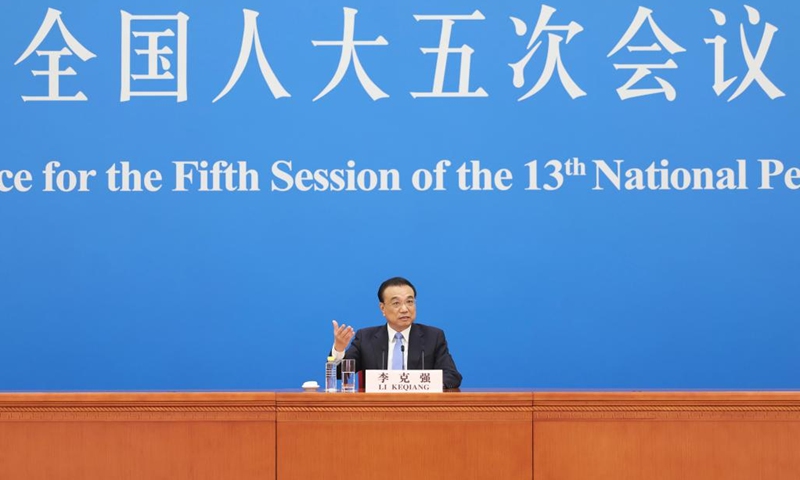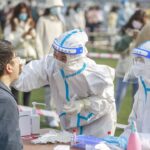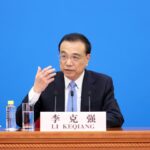China will stick to the stimulus policy of tax cuts and fee reduction which has proved to be the most effective among supportive policies for smaller-scale enterprises, Premier Li Keqiang said on Friday morning, noting that China will consider increasing the strength of tax reimbursement based on the effects of existing policies, and micro enterprises will especially benefit from such policies.
At a press conference after the closing meeting of the fifth session of the 13th National People’s Congress, Li elaborated upon China’s tax cuts policy arrangement. He stressed that the effects of tax cuts and fee reduction is found to be the most direct policy after recent years’ practice. The premier said he had held talks with a dozen enterprises last year during a visit in East China, and asked them to choose from several supportive policies. The entrepreneursunanimously chose tax cuts and fee reduction, Li said.
He also noted that based on reports he received this year, tax and fee cuts are a primary anticipation for government macro policies.
“Only when fertilizers are put on the roots can leaves and branches grow exuberant,” Li said.
China has set a goal of reimbursing and reducing 2.5 trillion yuan ($395 billion) of taxes this year, of which 1.5 trillion yuan will be channeled directly back to companies, according to this year’s Government Work Report.
Li said that China has designed its policy to tilt toward tax reimbursement, which means that the 1.5 trillion yuan in tax will be returned to enterprises for one time. If it proves to be effective, China will further increase the strength of tax reimbursement, Li said.
Besides, China will give priority to micro enterprises when it comes to tax refund. According to Li, the government will return the retained taxes to micro enterprises at one time before the end of June, while key industries like manufacturing and R&D will receive their retained tax within this year.
Apart from tax cuts, Li also stressed that China’s fiscal and monetary policies will be carried out withthe goal of achieving employment target, as China “must” achieve more than 11 million people of new urban employment each year, preferably more than 13 million.
“I always think, as long as relatively sufficient employment is achieved, China can achieve what some call potential economic growth,” Li said.
The premier listed some supportive measures that the country is considering along with the rise in labor force, such as increasing new employment platforms as well as helping to train people who need jobs.
Li also mentioned “flexible employment,” a rising trend in China that covers jobs like express delivery. The government will systematically improve policies for those people concerning their social security, labor rights and so forth, he said.
Chinese Premier Li Keqiang meets the press via video link after the closing of the fifth session of the 13th National People’s Congress (NPC) at the Great Hall of the People in Beijing, capital of China, March 11, 2022.(Photo: Xinhua)




